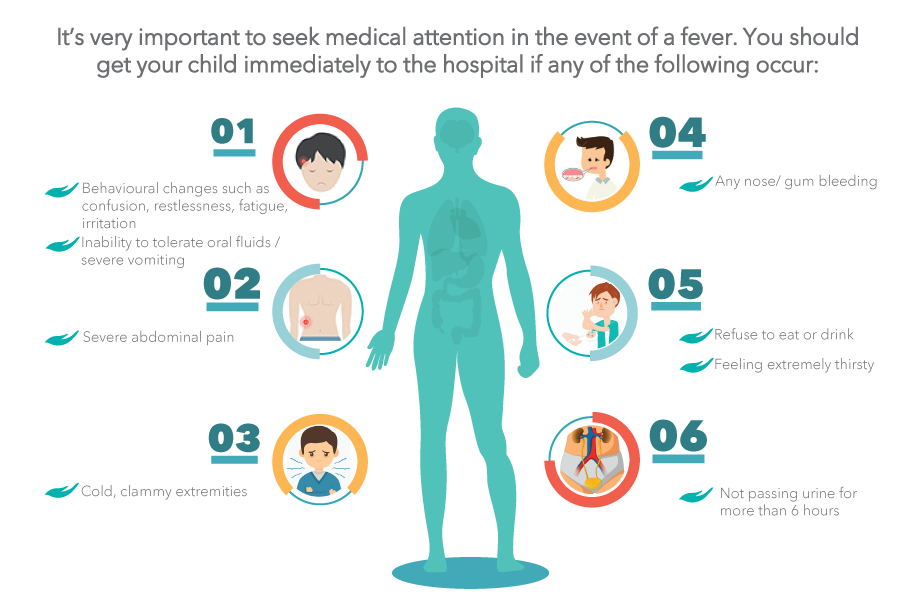During 2017, the Epidemiology unit of the Ministry of Health, Sri Lanka has reported 186101 suspected cases of dengue where approximately 41.4% were reported from the Western Province. We, at the Durdans Hospital Paediatric unit are committed to creating awareness and educating the public on the prevention and management of dengue.
Dengue is a mosquito bourne viral infection where 90% of patients can remain free of disease identifying features. The other 10% can develop a fever phase approximately 6 (3-14) days after being exposed to the virus. This Fever phase can turn out to be,
- An undifferentiated fever
or
- A dengue fever
or
- A dengue haemorrhagic fever
An undifferentiated fever is where your child may develop a simple fever which is indistinguishable from other viral infections.
A dengue fever is a condition where your child is suffering from high grade fever, associated with severe headache, pain behind eyes, joint and severe muscle pain (calf muscle) rash with or without bleeding from nose/gums.
Dengue haemorrhagic fever is a condition where your child will have similar features of dengue fever with fluid leakage features such as breathing difficulty, severe abdominal pain, reduction in urine output and blood pressure.
If your child is having a high grade fever make sure he/she gets
- Adequate physical rest ( bed rest /off school)
- An age appropriate paracetamol dose to control fever , avoid other fever controlling medications other than paracetamol until dengue is being excluded.
- Do tepid sponging
- Ensure adequate oral fluid intake (Jeewani, king coconut water, fruit juice, soup excluding red and brown colored drinks)
It’s very important to seek medical attention in the event of a fever.
You should get your child immediately to the hospital if any of the following occur:
- Child becomes more sick even after settling of fever
- Inability to tolerate oral fluids / severe vomiting
- Refuse to eat or drink
- Feeling extremely thirsty
- Severe abdominal pain
- Cold, clammy extremities
- Any nose/ gum bleeding
- Not passing urine for more than 6 hours
- Behavioural changes such as confusion, restlessness, fatigue, irritation
Treatment without prevention is simply unsustainable , therefore it’s our responsibility to prevent dengue illness by removing possible mosquito breeding sites from your environment.
- Destroy/ bury/ crush/ sell/ recycle containers, tins, bottles, coconut shells to prevent stagnation of water
- Tyres should be disposed/ stored in a way that water is not collected in them
- Cover water storage container/ tanks to be mosquito proof
- Clean and scrub the inner surfaces of all barrels, tanks, refrigerator trays, drains, flower pots at least weekly to remove mosquito eggs which are sticky
- Clean all gutters to ensure free flow of water; Remove inaccessible and unserviceable gutters
- Maintain the stumps of the bamboo trees and tree holes in a way to prevent stagnation of water – Fill with sand/ cement.
- While taking your child to the park/ outdoor in the evening apply mosquito repellent lotion that is safe for children’s skin as this mosquito is more active during evening times
- Make sure your children sleep under a mosquito netting over their bed
Let’s all work together to defend our kids against dengue thereby ensuring a better tomorrow.













